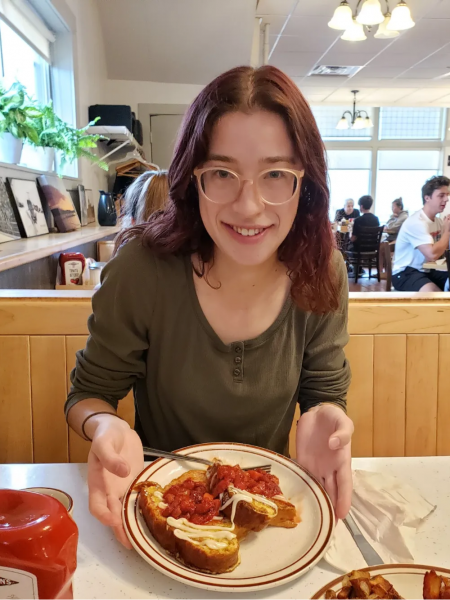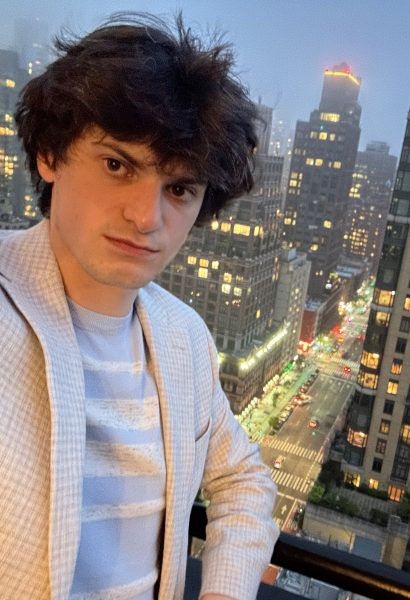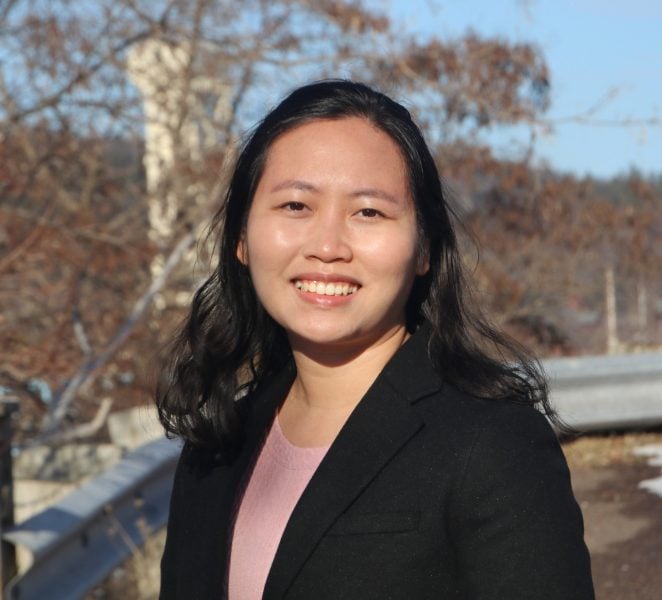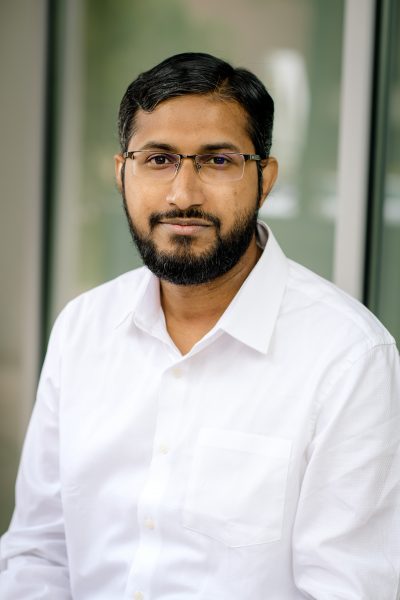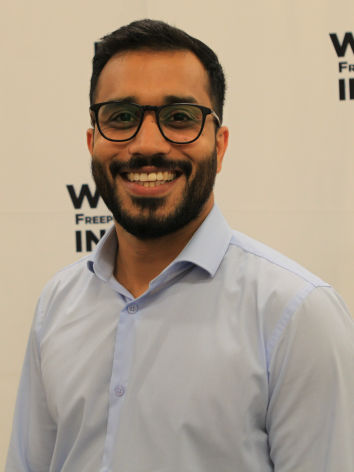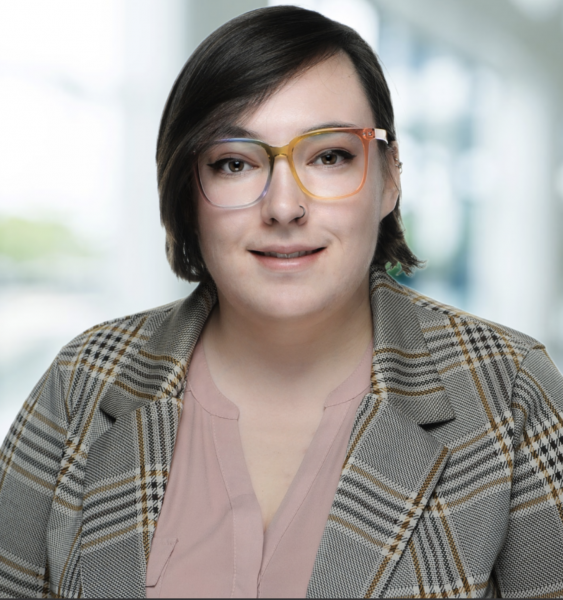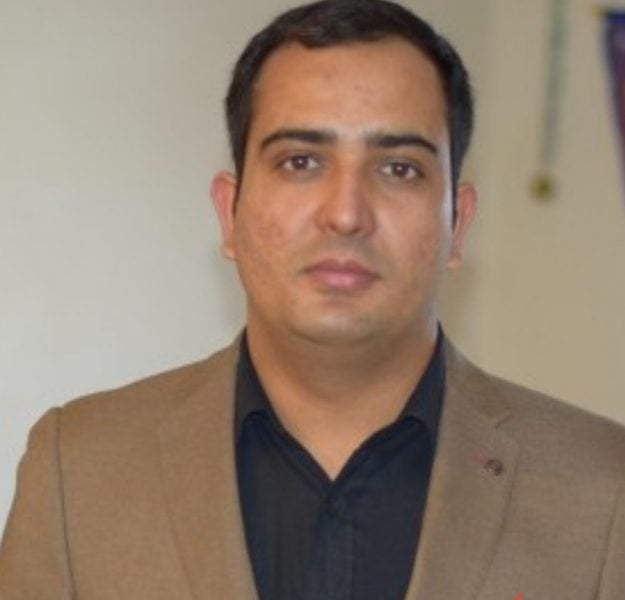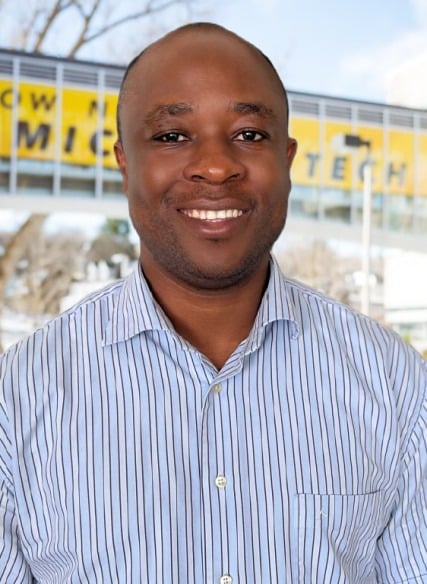
“When I first heard about Michigan Technological University (MTU) at a digital humanities workshop in far-away Leiden, The Netherlands, in 2019, I was intrigued by its growing reputation, but I never imagined I would one day walk its snow-covered campus as a doctoral student. Since arriving here, I have often asked myself: “what happens when a place lives up to the promise of its name?” MTU has answered that question through a welcoming community, inspiring mentorship, and a research environment that fosters both intellectual growth and personal transformation.
At the outset, the Upper Peninsula’s winters were my first challenge. But with time, what seemed daunting turned into a source of joy and reflection. These moments now form some of my fondest memories. The Department of Humanities has been a rich ground for exploring theory in practice. I especially value the hard work of faculty members in communication, rhetorical pedagogy, digital media, and cultural studies. All of which provided solid theoretical foundations for my ongoing dissertation.
My research explores how digital platforms mediate cultural representation and tourist imaginaries. I focus on the Luxor Hotel & Casino in Las Vegas, an Egyptian-Pyramid-themed environment, to examine how tourists, through user reviews on TripAdvisor, and site owners digitally construct or commodify history, identity, and authenticity. The study, utilizing critical discourse analysis and digital humanities tools, examines how language and visual media reinforce or challenge inherited cultural scripts.
I am grateful to the Graduate School and the Graduate Dean Awards Advisory Panel for awarding me the Fall 2025 Finishing Fellowship. This generous support makes it possible for me to fully dedicate my time to completing the final stages of my dissertation without external work-related pressures. I also thank my advisor, Dr. Stefka Hristova, for her guidance and encouragement on the journey so far.
With MTU’s outstanding support structures, it’s clear that this is a place where innovative research flourishes. I have learned to thrive in community, embrace intellectual rigor, and mentor others along the way. I feel honored to hold this Finishing Fellowship as I carve a niche toward contributing to global conversations, completing my dissertation, and preparing for the next chapter.”
